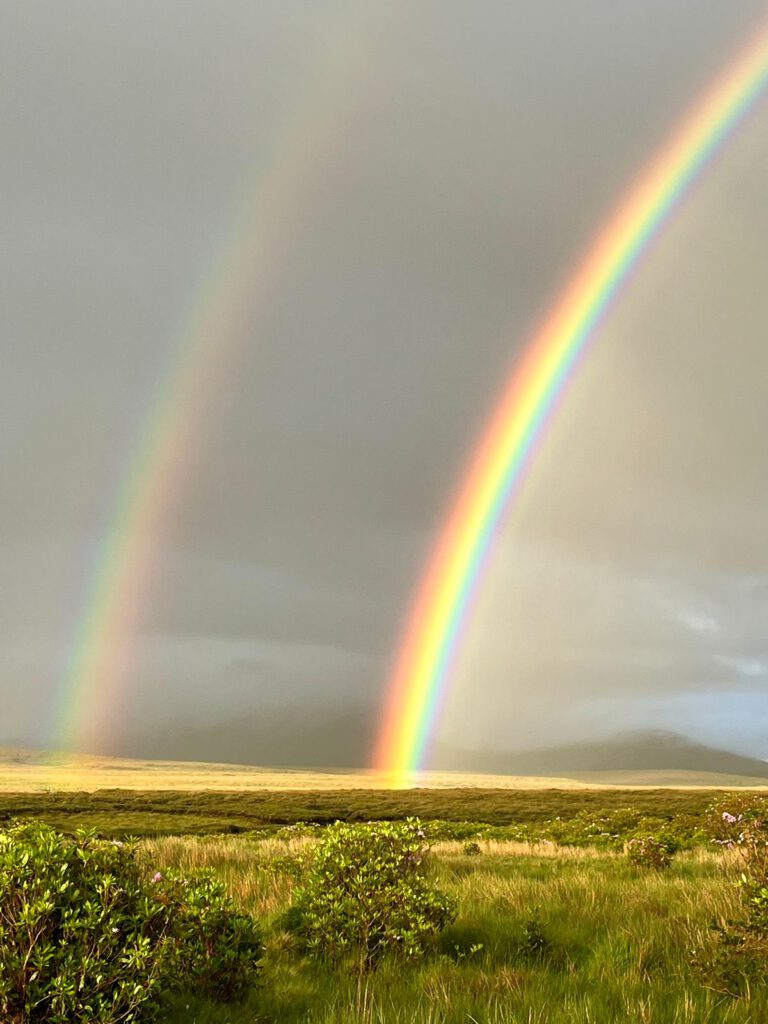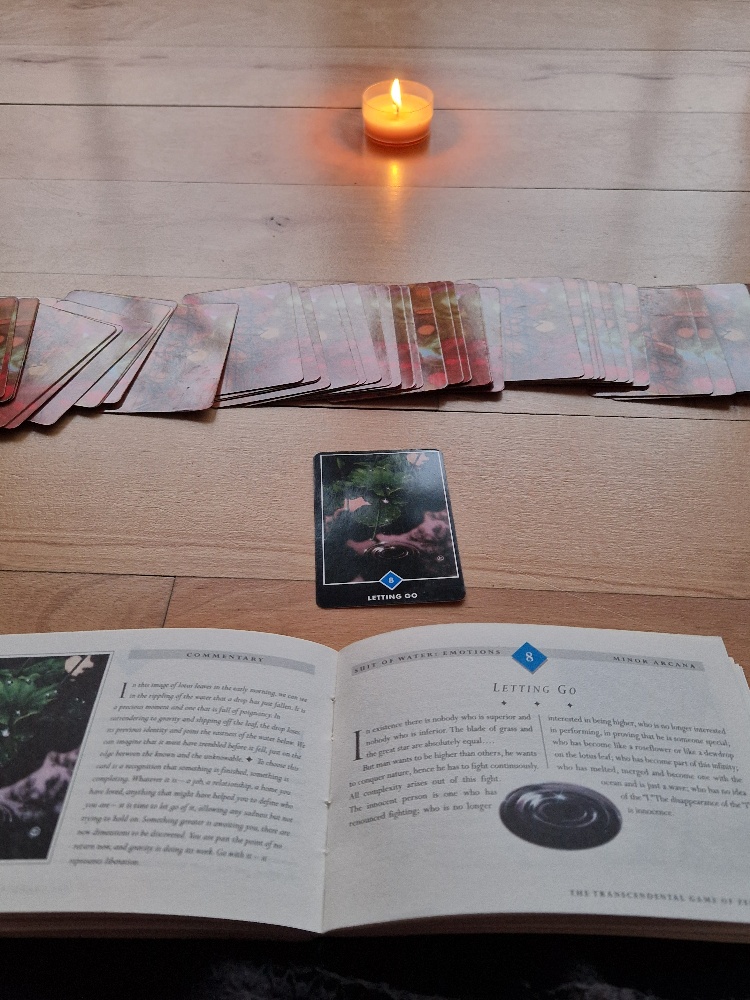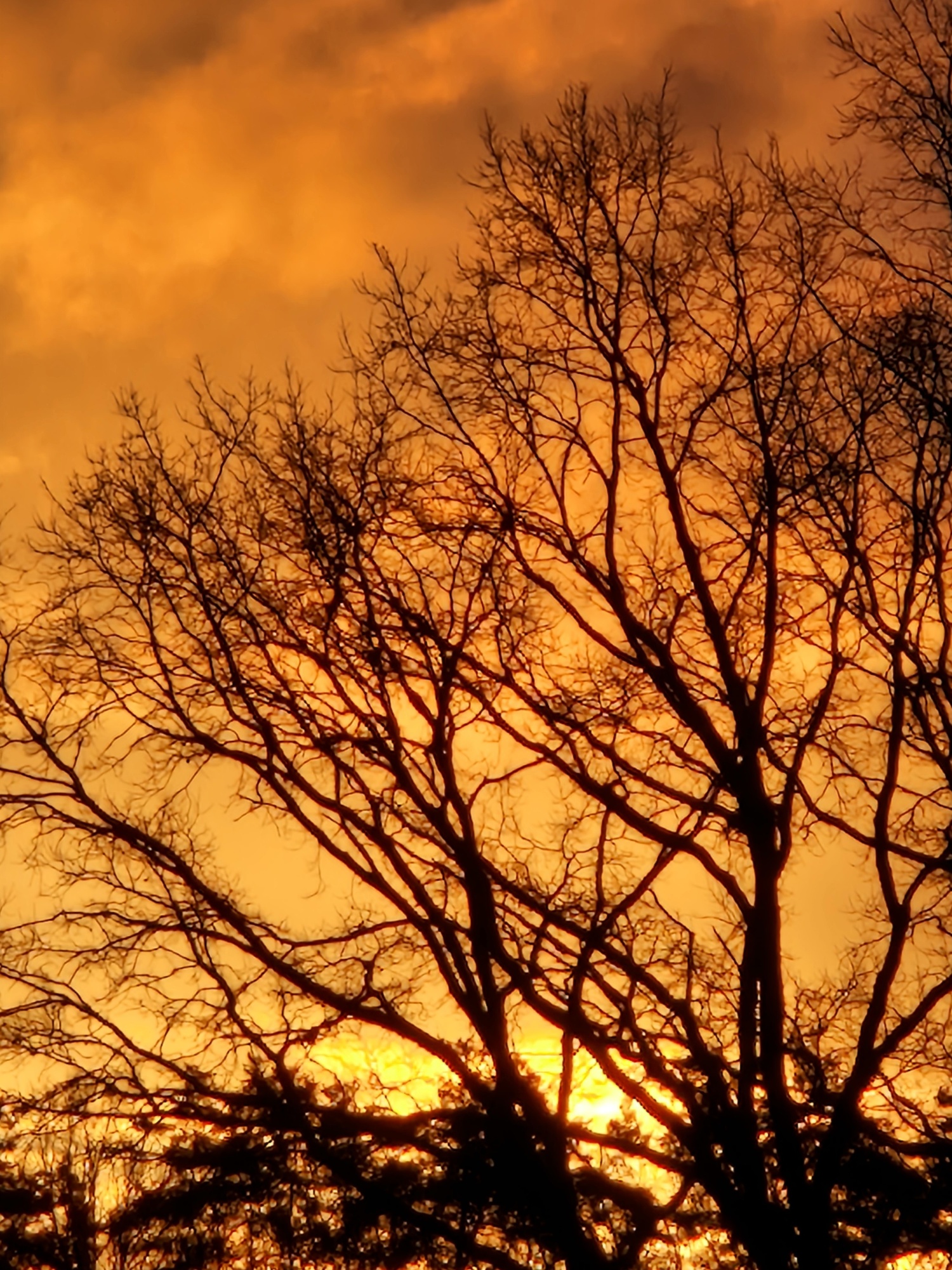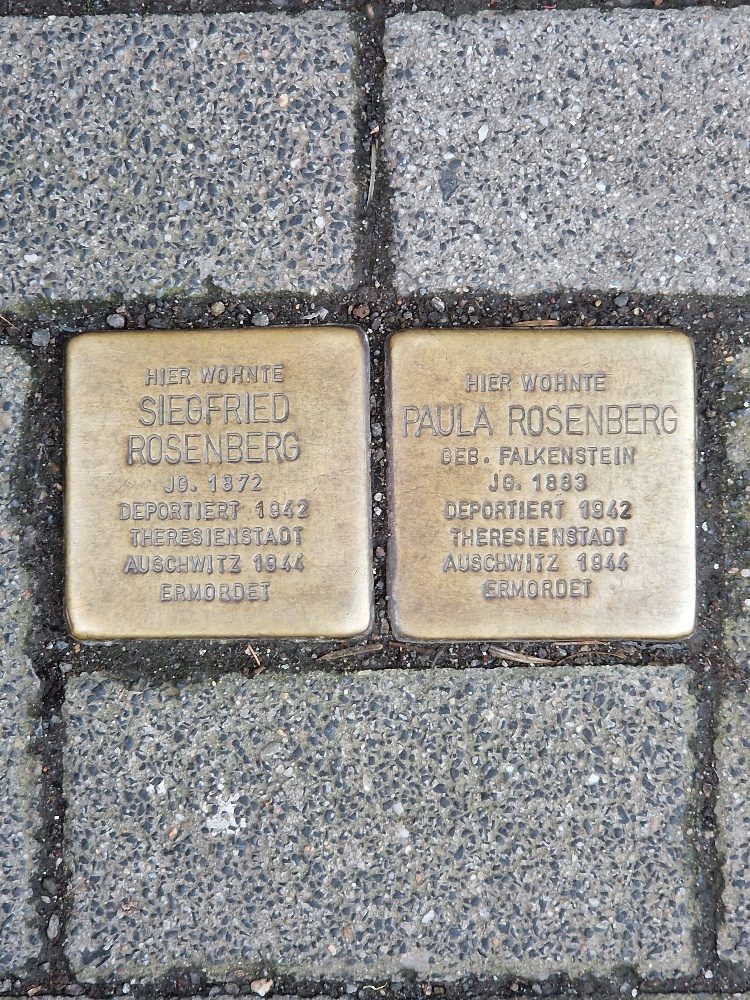If God is a DJ, life is a dance floor
Love is the rhythm
You are the music.
If God is a DJ, life is a dance floor
You get what you’re given
It’s all how you use it…
P!nk
It is our Light, not our Darkness, that most frightens us….
Marianne Williamson
The best and most beautiful things in the world cannot be seen or even touched – they must be felt with the heart.
Helen Keller
Pierre Berton: Have you some other concerns Mr. Cohen, that you would like to get off your chest right now?
Leonard Cohen: I haven’t a single concern.
PB: Well, come on now, what do you care about really? Don’t you care about anything? How can you be a good poet and not care about something?
LC: No, no, I do the poetry, you do the commentary.
PB: No, but I let’s get this straight. Are you saying that you have, there’s nothing worries you, nothing that bothers you? How can you write poetry if you’re not bothered by something?
LC: I’m bothered when I get up in the morning. My real concern is to discover whether or not I’m in a state of grace and if I make that investigation and I discover I’m not in the state of grace, I try to go to bed.
PB: What do you mean by a state of grace? It’s a phrase that I’ve never understood.
LC: A state of grace is that kind of balance with which you ride the chaos that you find around you. It’s not a matter of resolving the chaos because there’s something arrogant and war-like about putting the world in order. But having that kind of uh, like an escaped ski down over the hill, just going through the contours…
PB: You have lost me!
„Ladies and Gentlemen…Mr. Leonard Cohen“ (1965), Leonard on a TV panel hosted by Pierre Berton
Last Sunday, I had the good luck to be invited to a so-called Sober Rave in Cologne, which began at noon and continued until 8pm. News about this event had appeared in one of the social media fora to which I subscribe, all generally concerned with the topic of Sober Dancing.
I got sober years ago and thereupon discovered many facets of life which had never really registered, one of them being dancing (improvisation). This then quickly became a regular hobby, even more so as the waves of Five Rhythms, Ecstatic Dance, Meditanzion, etc. spilled over the continent from New York, Ibiza, Berlin, Amsterdam, and other centres of dance culture.
On a good day, it hardly takes ten minutes on the dance floor for me to be transposed into a state of „being danced“, a trance-like state filled with a sense of connection to Source. Then I become a channel of energies beyond my comprehension and experience intense vitality, harmony, joy, and gratitude.
Sunday was no exception. Arriving at 3pm, I spent almost three hours dancing among sober friends and not-yet-friends, enjoying a loud set of deep house. It was great!
There were some peripheral areas too, where folks could congregate, enjoy food and soft drinks, and chat. There were even some offerings of massage, a contact dance room, and a corner where a friend of mine had set up his light projector where anyone could sit through a twenty-minute guided meditation in the „light-bath“ he has been designing and perfecting over the years.
After the dancing, I made my way to the meditation corner, asked if the vacant seat were reserved, and, as it was not, sat down on the sofa between people I had never met before. The meditation was real balm for the soul after the loud volume and intense beats of the dance floor. In a matter of minutes, my state was completely altered, the joy that filled every cell of my body now gaining in depth and flavour. It was a brief experience of bliss.
When the guided meditation concluded, we all slowly „came back“, stretching limbs in all directions and blinking our eyes to re-adapted to the artificial room lighting. There were many smiles to be seen on the faces of the small group which had thus gathered in our corner.
After a period of silence, a conversation slowly began to unfold on what we had just experienced. We quickly began to explore such topics as connection and alienation. Why is it that, during deep meditation, some of us find our bliss tempered by sadness, even grief. And what about the high degree of sensitivity that some of us manifest?
Is high sensitivity simply more than a somatic or emotional manifestation? Is it not primarily spiritual sensitivity? My own experience confirms this. I believe that although we are making good progress in our cultural discourse in exploring the role of sensitivity in how we experience and process our early childhood, and have more compassion and awareness about trauma (both PTSD and Complex PTSD), one of the things that is profoundly lacking in most popular mainstream models is the spiritual aspect.
When, in models such as Polyvagal Theory and Internal Family Systems, we describe someone as being sensitive on a neurological level or even an emotional level, we’re still talking about the body. Those are outer level phenomena.
The core is the soul, referred to as „Higher Power“ in the Twelve Steps, the „Spark of the Divine“ as the Sant Mat tradition describes it, or „Sage“ in the vernacular of the PQ Mental Fitness modality. That’s where the sensitivity originates, in terms of aware connection and vibrancy. Until we understand that the underlying sensitivity is, in reality, a spiritual sensitivity, we’re just looking at externalities.
My experience is as follows: The actual basis of my sensitivity is the discomfort of the soul in the body. The soul feels awkward in the embodiment experience and is overwhelmed by the incessant barrage of stimuli that the body is compelled to filter and subsequently process.
With sufficient awareness, there’s an underlying existential discomfort with being an embodied soul, with being infinite light confined to a physical container of matter. Until we acknowledge that the whole thing is very mystifying and confusing, we continue to treat symptoms instead of dealing with the real cause of our discomfort.
We can adjust all the factors in our environment to try to make ourselves more comfortable and, at the end of the day, there’s something deeper that is beckoning our attention. Until I recognise and embrace that I am a soul that’s feeling frustrated, awkward, and even assaulted by being in this physical vehicle, we are literally just dealing with the external symptoms.
Instead of looking „here or there“, Meister Eckhart, who taught here in Cologne 800 years ago, instructs us to „open the door of your own heart.“ When we do this, we and the Light become one.
Not all of us, however, feel a deep sense of comfort when we become aware of the soul contained in the body. Why is this? We come from the Light, and have materialised in this body, this world of matter. For reasons beyond my comprehension, some of us appear to suffer home sickness from whence we came and whereto we will ultimately return.
Meister Eckhart also coined the phrase „Sunder warumbe“ which is a Middle High German phrase that translates to „without a why“ or „causeless“. It refers to an essential, instinctual state of being, free from the need for worldly justifications, future planning, or external aims like money or power, instead focusing on pure love as the ultimate objective.
This helps me when I feel what the Germans refer to as „Weltschmerz“ (lit: the pain of being in the world) for which there is no corresponding term in English. Though there is a pull to be back at the Source, in practising „Sunder warumbe“ I can focus on how best this moment, this day, this week can best be lived in the spirit of love. It is a matter of „belonging“ while we „be longing“.
Another helpful practice is to engage in any activity that helps me become more grounded. Daily exercise (running, cycling, working out, walking, etc.), photography, working with plants, and of course dancing, rank among my favourite such activities. They help when I feel overly inclined to dissolve into the ether, which is the case from time to time.
This surely also has roots in the strategy of escapism which helped me, as a sensitive and often overwhelmed young child, deal with the adversity of growing up in chaos. While good for creativity, it can lead to dissociation, to zoning out, if not handled carefully in a conscious manner.
„Sunder warumbe“ is what Leonard Cohen is describing in his interview with Pierre Berton quoted above. He calls it a „State of Grace“. Berton was out of his depth, as he freely admits. For those who have never experienced deep meditative states, „Sunder warumbe“ can be and is often misinterpreted as not caring about what is going on in the world, and therefore as an egotistical stance.
On the contrary, caring – in the sense of compassion, – is central to this state, but not in the sense of worrying about things. A conscious approach is to assess what we can change and to take corresponding action. The term „non-attached engagement“ comes to mind.
What we cannot change we let be, let flow, and let go. Fretting, losing sleep, becoming agitated and resentful are all things we do to ourselves, and do not in any way contribute to the welfare of ourselves, our fellow humans, and Creation as a whole.








